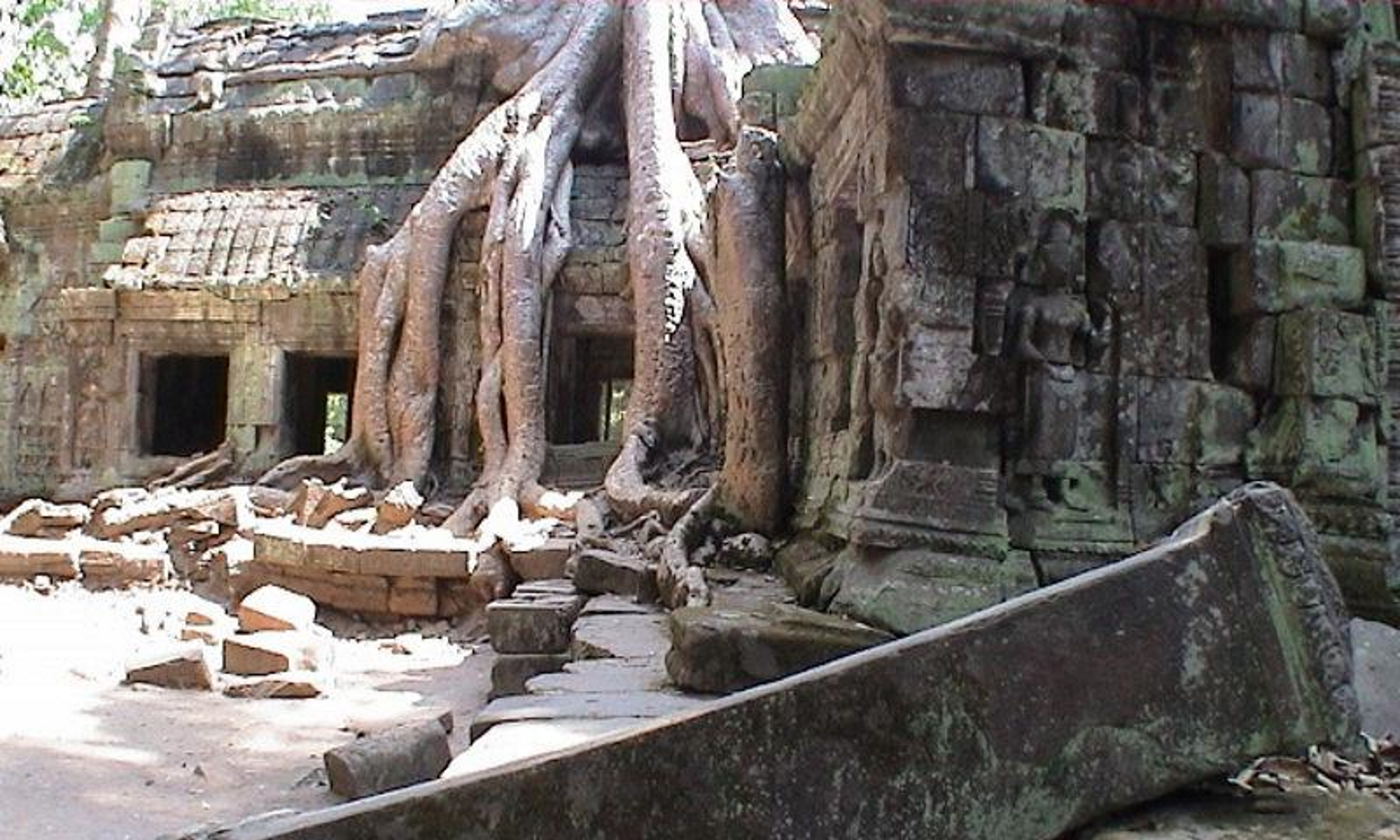Since this will fast become relevant, with the addition of horses and Batukhan’s particular fighting style, I did some research into Mounted Combat in AD&D.
Unfortunately, outside of lances and the stats for horses, there isn’t much to offer in the DMG and PHB. Some stuff is covered within the Wilderness Survival Guide, but I wanted to modify it for simplicity, so I’ve taken the time to house-rule it a bit.
Let me know what you think!


I like these rules — fairly straight-forward and they should be easy to use/remember during play (the most important consideration).
My instinct would be to avoid systematized proficiency rules or skill slots for exceptions and just rule that certain groups have the training to use items and take actions not available to those without their background. Perhaps that order of paladins can use their two-handed scythes on horseback just because that’s their thing; perhaps the steppe tribes can use special longbows from horseback for the same reason.
I hadn’t really looked at the Cavalier’s rules, as I’ve not really taken anything from UA for the game. It would make more sense to keep those particular rules for those classes, should I ever decide to include them.
Thanks John, was going for simple. I think the skill slot comes from years of RPGs and the like. Something of a personal preference I guess.
It might be something I carry on as a personal homebrew rule should I ever run the campaign with another group (I’m trying to get my brother on board for it), but for this group it can easily be ruled as a background thing. The Urdjan Knights won’t get it, but the Steppe Tribes certainly would.
The longbow thing may just be left as is, but I can certainly see the Tribes having specially made bows. They would just be exceedingly rare this side of the continent.
Updated Rules regarding Spears, reach-weapons and Passengers.